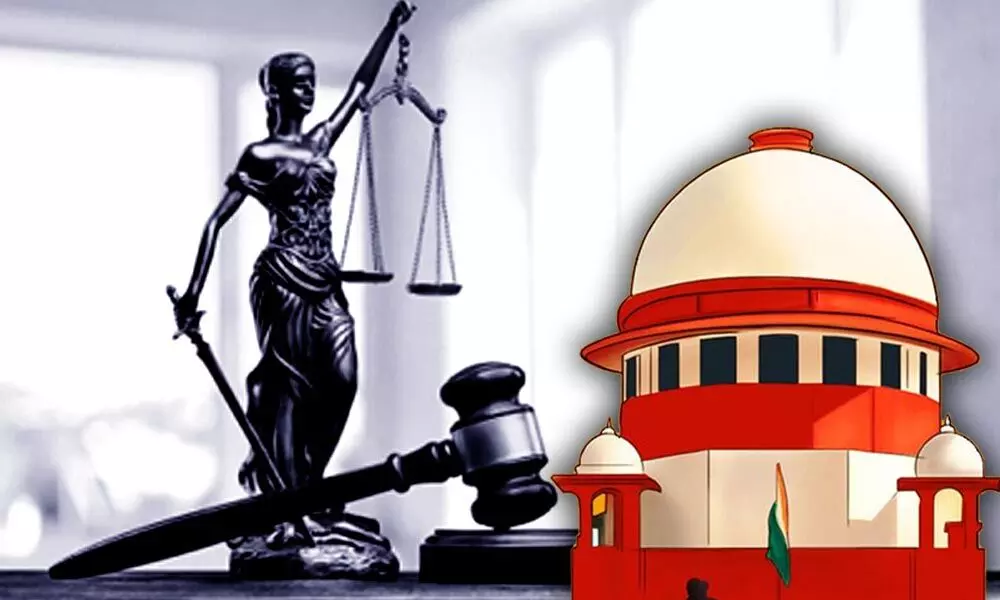Live
- Centre to unveil startups under new National Quantum Mission guidelines
- Women’s protest rally in Imphal against re-imposition of AFSPA in 6 police station areas
- Greater Nicobar Island project has all environmental clearances: Govt
- Fadnavis leaves for Delhi, expected to meet Amit Shah along with Shinde, Ajit Pawar
- HYDRA-Relocated Residents Struggling with Severe Maintenance Issues at New Dignity Housing Colony
- BGT 2024-25: Jasprit Bumrah is one of the best in the world, says Pat Cummins
- BIS to develop standards for 214 critical medical devices by 2025 end
- HM Amit Shah pens story of co-operatives revival, gets thumbs up from PM Modi
- Next BJP govt will give pension to all 10 lakh elderly in Delhi: Virendra Sachdeva
- Wipro appoints Omkar Nisal as CEO, Europe Strategic Market Unit









